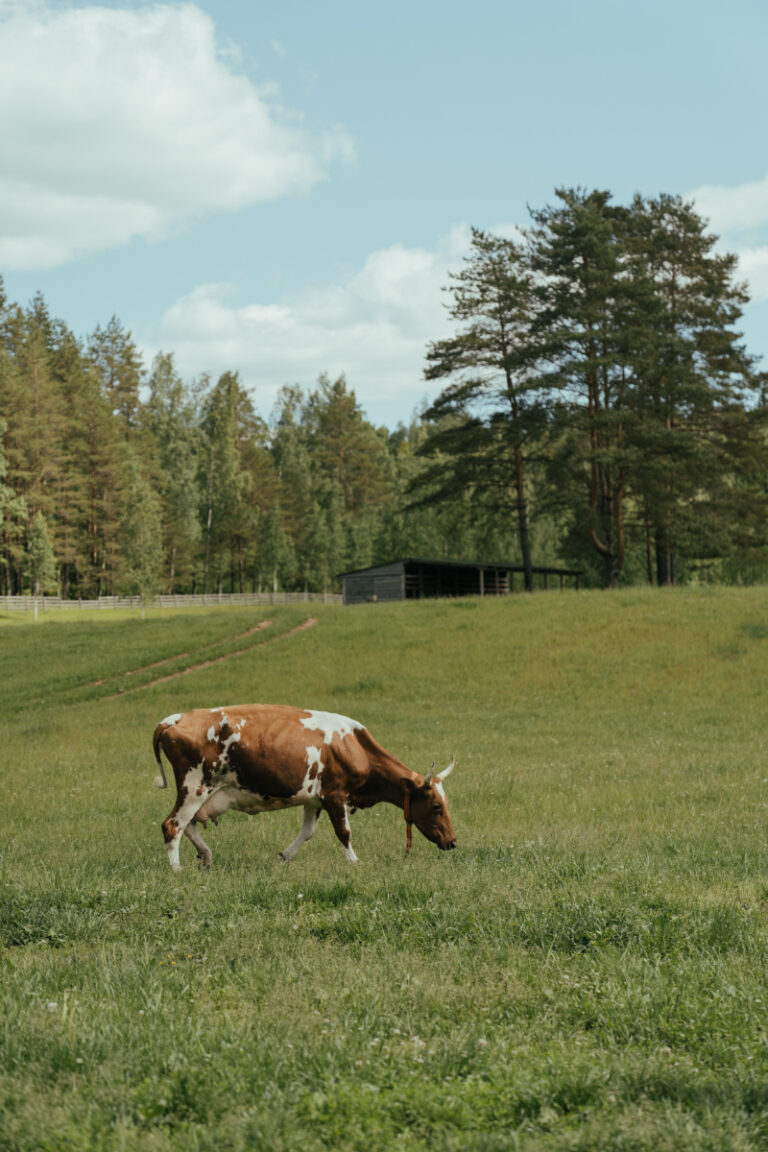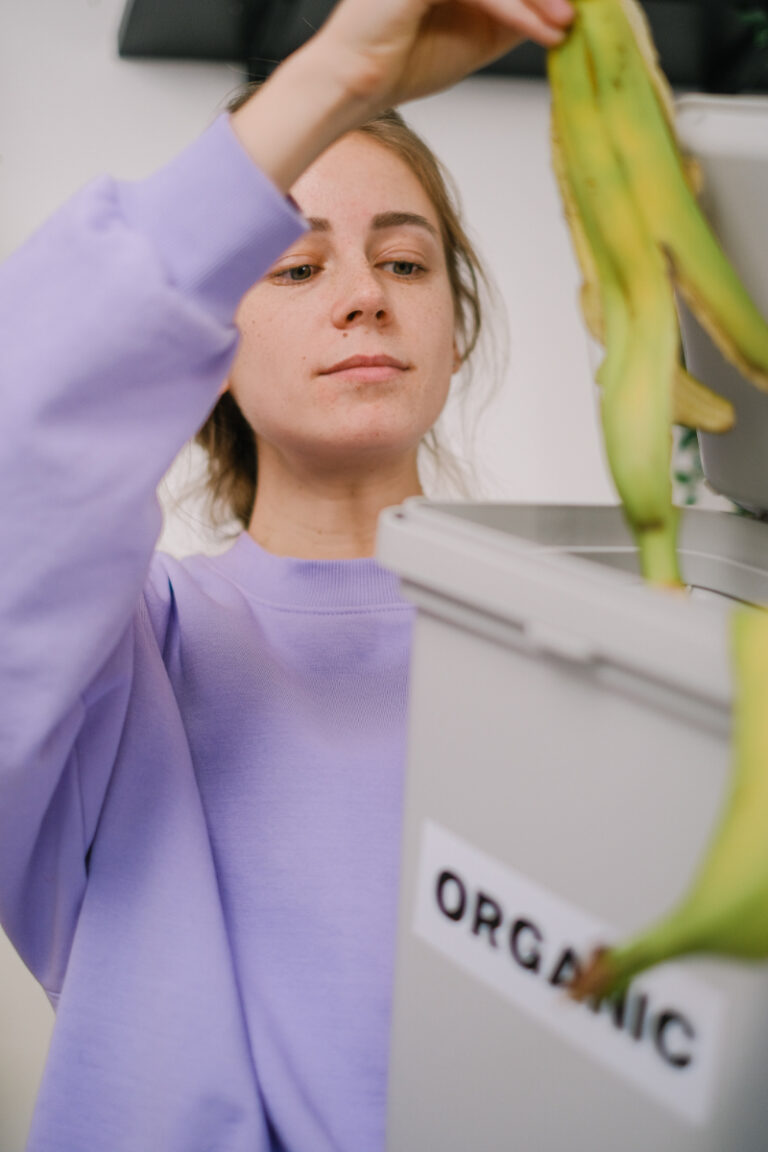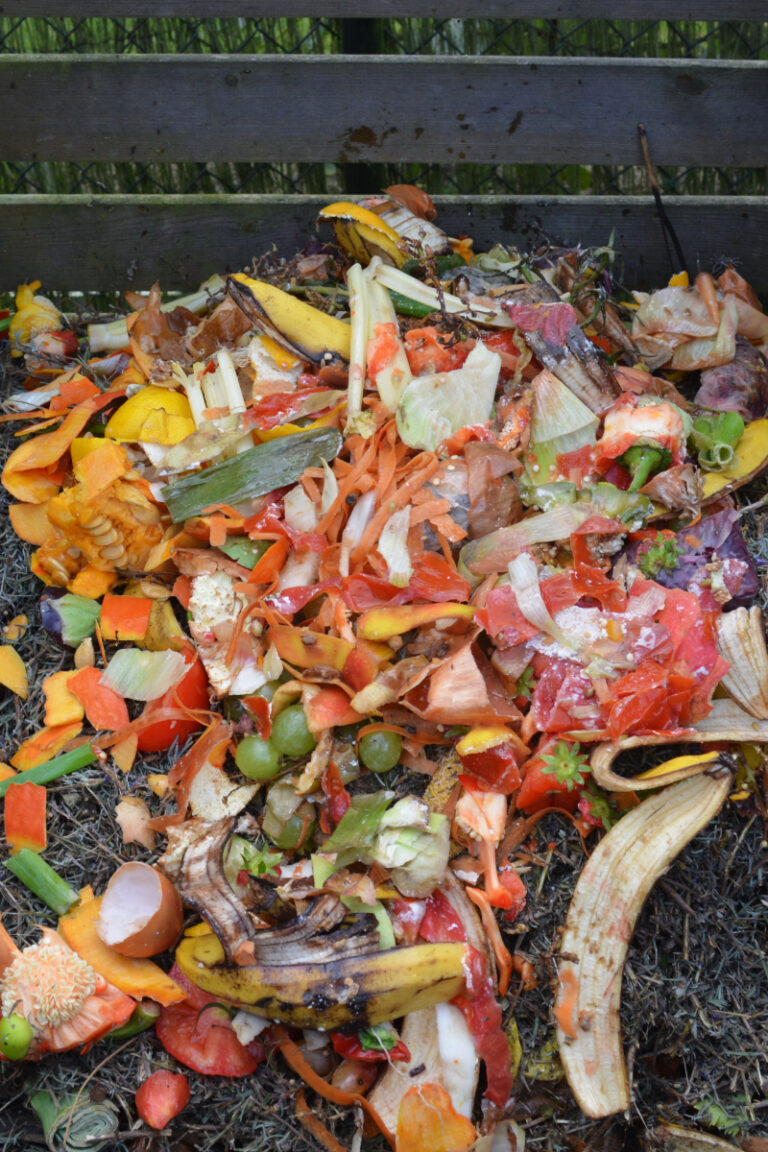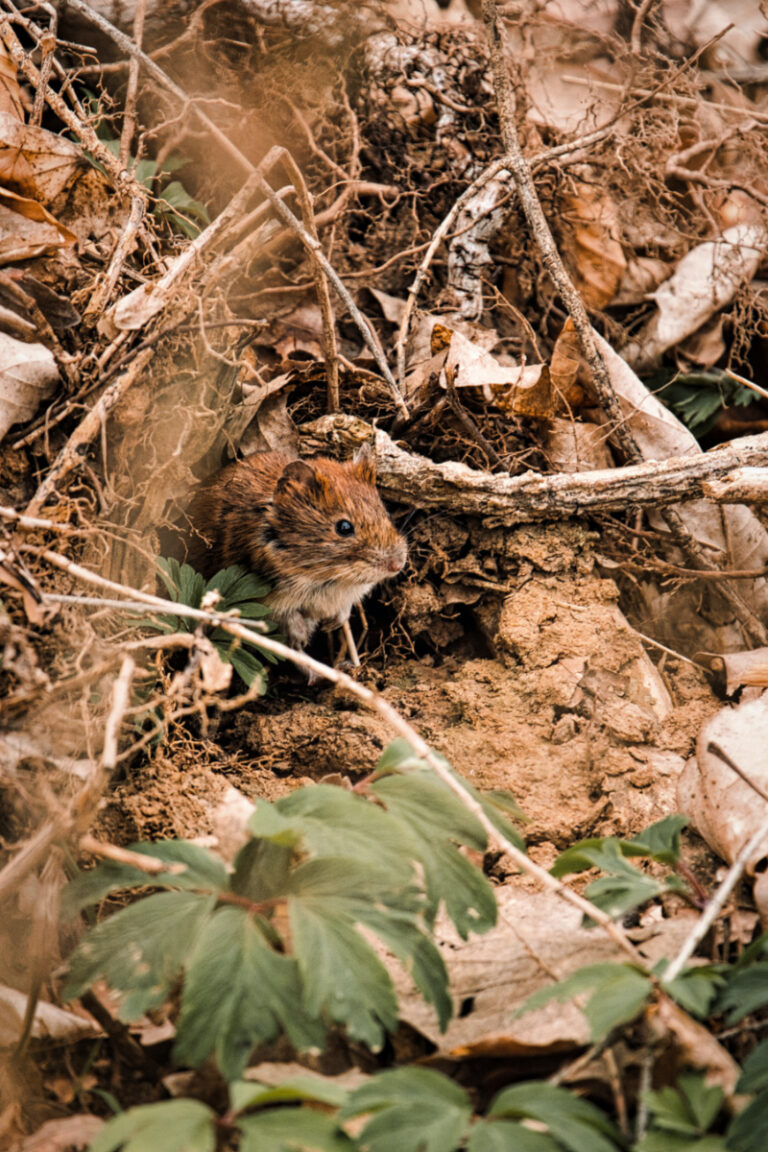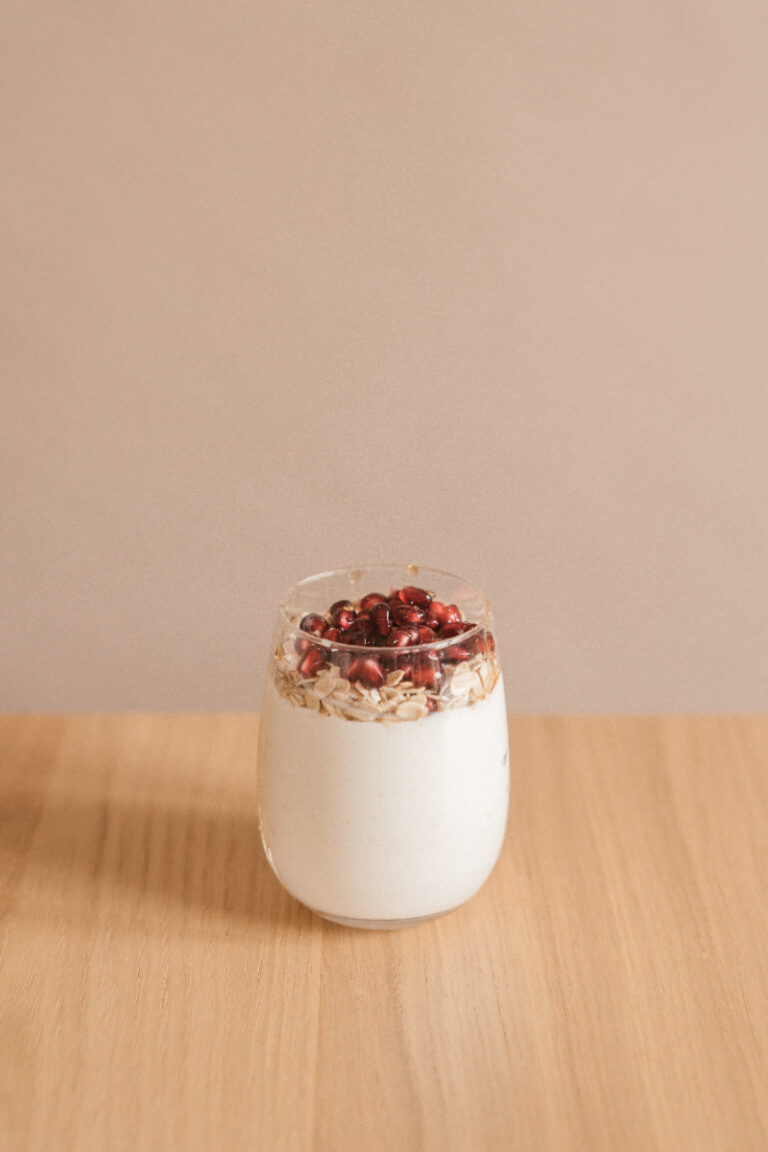Defeat Compost Bin Odor: Say Goodbye to Smelly Gardens
Composting is a natural process that transforms organic material like kitchen scraps and yard waste into nutrient-rich soil conditioner. It’s an environmentally friendly way to recycle waste, reducing the amount of trash that ends up in landfills and providing a natural boost for your garden.
However, one of the common concerns that many people have about composting at home is the potential of bad odors, foul odors and offensive odors. The question often arises – “Do compost bins smell?”
In this guide, we will address this concern, dig into the factors that contribute to compost odor problems, and provide practical solutions to prevent and manage any unpleasant smells.
Compost doesn’t have to smell bad and with the right techniques, you can maintain a healthy, odor-free compost bin.
Do Compost Bins Smell? – Understanding and Managing Odors from Composting
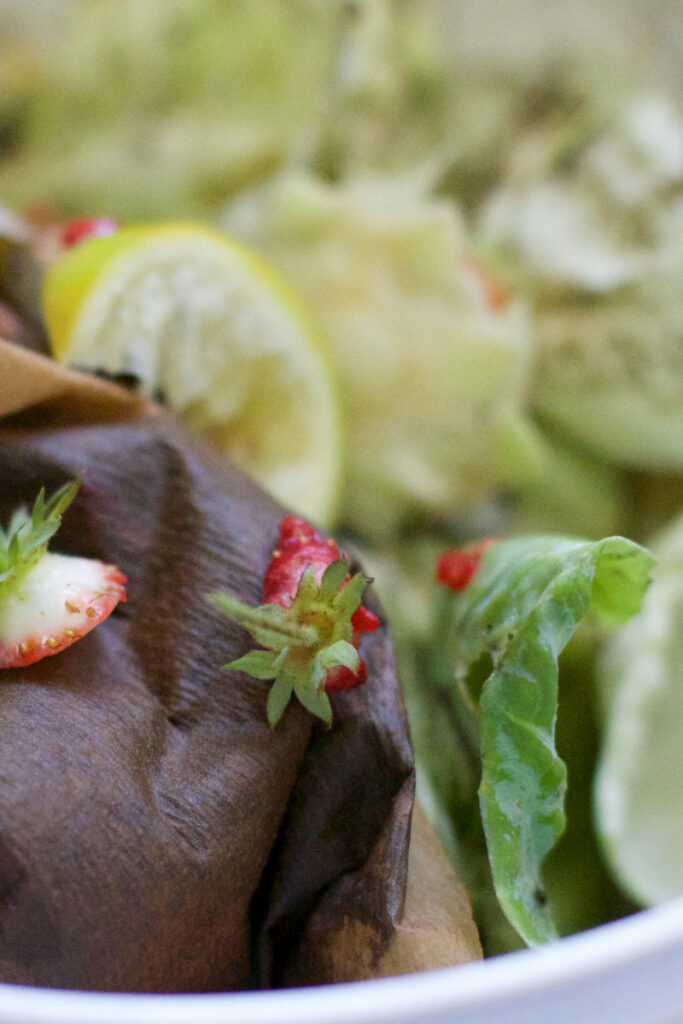
Understanding Compost Odor
Compost odor is not inherently a bad smell. In fact, a healthy compost pile should produce a fresh, earthy smell, similar to that of a forest floor. This scent is a byproduct of the decomposition process carried out by billions of microorganisms that break down organic matter into humus, the nutrient-rich end product of composting.
However, when a compost bin starts to emit unpleasant odors or an ammonia smell, it’s usually a sign that something within the composting process isn’t quite right. The smells can range from slightly off-putting to downright foul, and are typically the result of what’s being composted, how it’s being composted, or a combination of both.
The most common source of bad smells in compost is the presence of anaerobic bacteria. These bacteria thrive in environments devoid of oxygen and produce waste products such as hydrogen sulfide, which has a rotten egg smell, and ammonia, which has a pungent, sharp odor.
When your compost pile is compacted or overly wet, it can become oxygen-starved, creating the perfect environment for these anaerobic bacteria to flourish.
Another factor contributing to compost odor is the type of materials being composted. All organic matter is not created equal when it comes to composting. Some materials, like grass clippings, fruits and vegetables, break down quickly and are considered “green” materials.
They provide nitrogen, an essential nutrient for the composting microorganisms. Other materials, like leaves, straw, and paper, decompose more slowly and are categorized as “brown” materials. They provide carbon, another key nutrient.
When there’s an imbalance in the ratio of green to brown material, it can lead to odors. Too many green materials can cause the compost pile to become overly moist and compacted, leading to anaerobic conditions.
On the other hand, too many brown materials can slow down the decomposition process, resulting in a pile that doesn’t heat up properly and takes longer to turn into compost.
Understanding these factors can help you manage and prevent unpleasant smells from your compost bin. In the following sections, we’ll dig deeper into the common sources of compost odor and offer practical tips on how to keep your compost pile smelling fresh and earthy.
Common Sources of Bad Odor in Compost Bins
In order to tackle the problem of unpleasant smells in compost bins, it’s crucial to understand the common sources that contribute to these odors. Here are some of the main culprits:
Overloading with Kitchen Scraps
While kitchen scraps and food waste like fruit and vegetable peels, coffee grounds, and eggshells are excellent additions to a compost pile, it’s important to balance these “green” materials with sufficient “brown” materials like dry leaves, straw, or shredded paper. Green materials, like food scraps, are rich in nitrogen and tend to decompose rapidly, generating a lot of heat and moisture.
If there is too much green material and not enough browns, the compost pile can become overly wet and compacted, creating an environment conducive for anaerobic bacteria, which produce foul-smelling gases as they break down the organic materials.
Including Meat and Dairy Products
Meat, animal products, fish, dairy products, and cooked food leftovers are generally not recommended for home composting. These items decompose slowly and can attract pests like rats and flies. They also produce strong, unpleasant odors as they rot.
While these materials can be composted under the right conditions (such as in a high-heat industrial composting facility), they’re best avoided in a typical backyard or kitchen compost bin.
Lack of Aeration
Composting is an aerobic process, meaning it requires oxygen. The microorganisms responsible for breaking down the organic matter in your compost pile need oxygen to survive and function efficiently. If your compost pile is too dense or compact, it can restrict airflow, leading to oxygen depletion.
This can cause the composting process to shift from aerobic to anaerobic, resulting in the production of smelly gases like hydrogen sulfide and methane. Regularly turning and aerating your compost pile can help ensure that oxygen reaches all parts of the pile.
Too Much Moisture
Moisture is essential for the composting process, but too much of it can be problematic. A soggy compost pile can become compacted and oxygen-starved, leading to anaerobic conditions and unpleasant odors.
Overwatering your compost pile or adding too many wet kitchen scraps without balancing them with dry brown materials can result in excess moisture. Your compost pile should be as damp as a wrung-out sponge – moist, but not dripping wet.
How to Prevent and Manage Odors in Compost Bins
Understanding the common sources of bad odor in compost bins is the first step. The next is implementing strategies to prevent these odors from arising in the first place, or managing them if they do. Here are some practical tips:
Proper Layering of Green and Brown Materials
Maintaining a healthy balance between green and brown materials is crucial for controlling odors in your compost bin, and usually the easiest way to combat smelly compost.
The ideal ratio is about 2:1 – two parts brown materials to one part green – measured by volume. This ensures that the nitrogen-rich green materials, which can create odors if they break down too rapidly, are balanced by the carbon-rich browns, which decompose more slowly.
When adding new materials to your compost bin, it’s good practice to layer them. Start with a layer of browns at the bottom, then add your greens, and top it off with another layer of browns. This “lasagna” method helps maintain a good green-to-brown ratio, promotes aeration, reduces excess nitrogen and helps control stinky compost.
Regular Turning and Aeration
Composting is an aerobic process, so ensuring that your compost pile gets enough oxygen is key to preventing bad compost smell. Turning your compost pile regularly – about once a week – helps introduce enough air and distribute moisture evenly.
You can use a garden fork or a specialized compost aerator for this task. If your compost bin doesn’t allow for turning (aka compost tumbler), consider adding materials like straw or small branches to improve airflow.
Maintaining the Right Moisture Level
A compost pile should be moist, but not wet. Too much moisture can lead to compaction and anaerobic conditions, causing bad smells. If your compost pile is too wet, try adding more brown materials, which are typically dry and can help absorb excess moisture.
If it’s too dry, add some water or green materials, which tend to be high in moisture. Your compost pile should feel like a wrung-out sponge – damp, but not dripping wet compost.
Avoiding Problematic Materials
Certain materials are more likely to cause odors in a compost bin. Meat, fish, dairy products, and oily or greasy foods can produce strong smells as they decompose and should generally be avoided in home composting systems.
If you want to compost these materials, consider using a specialized composting system designed for this purpose, such as a Bokashi bin or a Green Cone system.
When to Seek Professional Help
While most composting issues, including unpleasant odors, can be resolved with the right practices, there may be times when you need professional help. Here are some situations where it might be necessary:
Persistent Bad Odor Despite Proper Practices
If you’ve been following the recommended composting practices – maintaining a good balance of greens and browns, turning your pile regularly, keeping the moisture level right, and excluding problematic materials – but you’re still dealing with persistent bad smells, it might be time to seek advice from a composting expert.
They can help diagnose the problem and suggest specific solutions that might not be apparent to a less experienced composter.
Possible Health Risks
While composting is generally safe, there can be health risks if it’s not done properly. For example, a compost pile that’s too wet can breed harmful bacteria or fungi, which might produce toxins or allergens.
If you notice unusual symptoms such as respiratory problems or skin irritation after working with your compost pile, it’s advisable to consult a healthcare professional. You should also consider getting your compost tested for pathogens, especially if you plan to use it in a vegetable garden.
Large-Scale Composting
If you’re composting on a large scale, such as for a community garden or a farm, managing odors can be more challenging. In these situations, it might be worthwhile to hire a composting consultant or a soil scientist.
They can provide guidance on best practices for large-scale composting, help design an effective composting system, and offer solutions for odor control.
Conclusion
Composting is an excellent way to recycle organic waste, reduce landfill contribution, and create nutrient-rich soil for your garden. However, concerns about unpleasant odors often deter people from adopting this eco-friendly practice.
We hope that this guide has helped dispel the notion that composting is inherently smelly and equipped you with the knowledge to prevent and manage odors in your compost bin.
Remember, a healthy compost pile should smell fresh and earthy, like a forest floor. If it doesn’t, it’s usually an indication that something needs adjusting – perhaps the balance of green and brown materials, the level of aeration, or the moisture content.
By understanding what causes bad smells in compost and how to address these issues, you can maintain a successful, odor-free and healthy compost bin.
Even if you encounter persistent problems, don’t be discouraged. Composting is both an art and a science, and it might take some trial and error to get it right. And remember, professional help is available if you need it.
So, keep composting and enjoy the satisfaction of turning waste into wealth for your garden, all while doing your part for the environment.
The benefits of composting far outweigh the potential issues, and with the right practices, you can keep your compost materials smelling just as nature intended.

